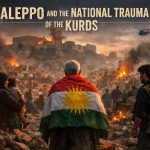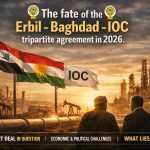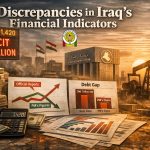Ronaki is more than a project—it is a development vision and a strategic step toward building the future of Kurdistan.
Iraq’s Historical Struggle with Electricity
Iraq was among the first countries in the Middle East to have electricity, dating back to 1917 during the British occupation. The first electric machine was installed in Khan Dala by British authorities after occupying Baghdad.
In the following years, diesel engines powered select areas such as Saray, Al-Qishla, Karada Maryam, and the Indian Camp (later Rashid). But decades of wars, sanctions, and poor governance left Iraq’s electricity sector crippled. During the Second Gulf War and Saddam Hussein’s invasion of Kuwait, over 90% of Iraq’s electricity networks were destroyed. The blockade years and later the 2003 U.S. invasion further worsened the crisis.
Despite billions of dollars allocated since 2003, Iraq has failed to provide stable power. Mismanagement, corruption, and regional pressures continue to leave citizens in darkness.
Kurdistan’s Energy Reality After 1991
As part of federal Iraq, the Kurdistan Region also suffered from blackouts, especially after the 1991 uprising (Sarhaldan). Power shortages persisted, forcing reliance on noisy and polluting private generators.
Determined to change this reality, the ninth Kurdistan Regional Government (KRG) led by Prime Minister Masrour Barzani launched a bold plan: the Ronaki Project. This initiative promises 24/7 national electricity, marking a turning point in energy security and sustainable development.
Launch of the Ronaki Project
On October 17, 2024, Prime Minister Barzani officially announced the Ronaki Project during an inspection in Erbil’s Shadi neighborhood. The pilot phase showed promising results—continuous electricity, cleaner air, and quieter neighborhoods free from generator noise.
With Ronaki, citizens can finally enjoy uninterrupted power, a healthier environment, and reduced dependence on private generators.
Political Opposition and Challenges
Despite its benefits, political parties in Baghdad and some factions within Kurdistan opposed the project. Complaints were filed in the Federal Court, all of which were rejected. Critics feared that Kurdistan’s success would highlight Baghdad’s failure to solve Iraq’s electricity crisis over the past 22 years.
Nevertheless, the KRG continues to push forward, using Ronaki as a symbol of economic independence and political strength. It sends a message to Baghdad, regional countries, and the world: Kurdistan can manage strategic projects successfully despite budget cuts and salary disputes.
Economic and Social Impact
The Ronaki Project is more than just electricity. It represents a comprehensive development strategy that boosts:
-
Education and healthcare through reliable energy in schools and hospitals.
-
Tourism and economy by creating a modern infrastructure.
-
Agriculture with modern irrigation systems, benefiting farmers.
-
Local industries by promoting self-sufficiency and reducing imports.
Stable electricity improves daily life, extends the lifespan of appliances, and reduces household expenses. Over 4 million citizens in four governorates already benefit, and more than 3,200 private generators have been shut down.
Implementation and Pricing
The Ronaki Project is fully managed by the KRG with local labor—no private sector involvement. Each household is equipped with smart meters to monitor and rationalize consumption.
Electricity pricing follows a progressive system set by the Kurdistan Regional Council of Ministers:
-
1–400 kWh: 72 dinars per kWh
-
400–800 kWh: 108 dinars per kWh
-
800–1200 kWh: 175 dinars per kWh
-
1200–1600 kWh: 265 dinars per kWh
-
1600–2000 kWh: 350 dinars per kWh
To encourage adoption, the government subsidizes 50% of costs in the first month, 25% in the second, and 15% in the third.
A Brighter Future for Kurdistan
The Ronaki Project is already transforming life in Halabja, the first governorate to completely abandon private generators. Soon, all four governorates will enjoy 24/7 clean electricity.
This initiative strengthens Kurdistan’s regional and international standing, positioning it as a future economic power in the Middle East. It is one of the most strategic achievements of the Kurdistan government under Masrour Barzani.









